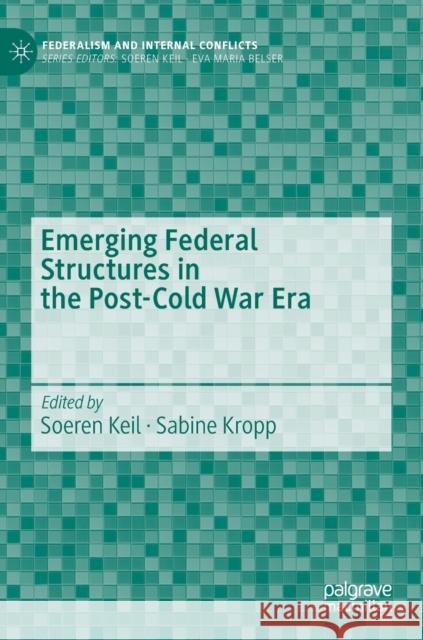Emerging Federal Structures in the Post-Cold War Era » książka
topmenu
Emerging Federal Structures in the Post-Cold War Era
ISBN-13: 9783030936686 / Angielski / Twarda / 2022 / 648 str.
Emerging Federal Structures in the Post-Cold War Era
ISBN-13: 9783030936686 / Angielski / Twarda / 2022 / 648 str.
cena 562,23
(netto: 535,46 VAT: 5%)
Najniższa cena z 30 dni: 539,74
(netto: 535,46 VAT: 5%)
Najniższa cena z 30 dni: 539,74
Termin realizacji zamówienia:
ok. 22 dni roboczych.
ok. 22 dni roboczych.
Darmowa dostawa!
Kategorie BISAC:
Wydawca:
Springer Nature Switzerland AG
Seria wydawnicza:
Język:
Angielski
ISBN-13:
9783030936686
Rok wydania:
2022
Ilość stron:
648
Wymiary:
21.0 x 14.8
Oprawa:
Twarda
Dodatkowe informacje:
Wydanie ilustrowane











